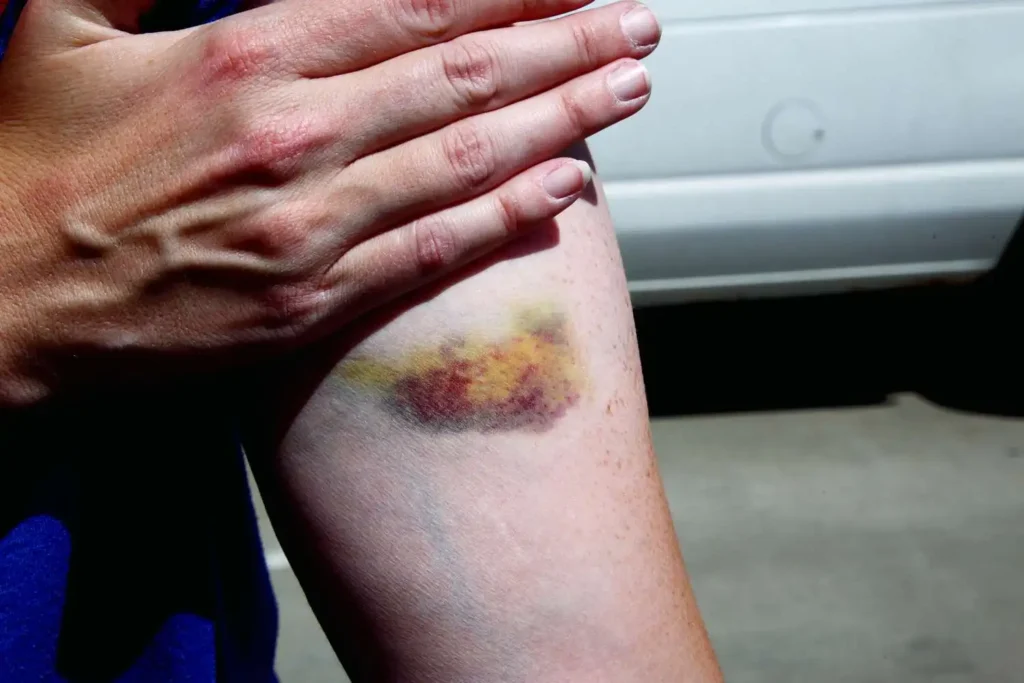While it’s crucial to visit your doctor for routine examinations or if you feel something is up with your health, there are some early warning indicators you should look out for. 10 cancer symptoms: Women shouldn’t ignore If you have a life-threatening malignancy, you might be able to save your own life by being aware of your body and any risks it may be experiencing.

Keep an eye on these symptoms; you should get in touch with a medical expert if they persist longer than a few weeks. The danger is higher for women. While screening can detect malignancies of the breast and cervical regions, several other gynecologic tumors are less visible. 10 cancer symptoms: Women shouldn’t ignoreAlthough these symptoms are not always indicative of cancer, they may be, so keeping a close eye on your body and its usual routine will help you see any potential warning signals.
1. Pain In The Pelvic Area And Abnormal Menstruation

It’s common for women to experience irregular periods or cramps during their menstrual cycle. Significant, ongoing pelvic pain along with irregularities in your menstrual cycle—such as irregular, heavy, or absent periods—may indicate ovarian, cervical, or uterine cancer. If not, it might indicate endometriosis or another illness.
2. Bowel And Bladder Movement Changes

You should be cautious if you observe that your bowel or bladder movements are unusual. Abdominal pain, blood in the pee or stool, excessive urination, and persistently loose or constipated stools are a few examples of this.
3. Changes Or Lumps In The Breast

Discoloration, discharge from the nipple, lumps and dimples that weren’t there before, and other changes around the nipple can all be signs of breast cancer early on. Furthermore, keep an eye out for any pain, redness, or swelling. Keep in mind that this is not the same as the typical breast pain you get around your menstruation.
4. Extreme Weight Loss Or Gain

Cancer frequently affects appetite, and while weight gain is less common than weight loss, it is nevertheless possible. If you’re gaining or losing weight quickly—ten pounds or more—without making any dietary or exercise adjustments, that may be cause for concern. A change in appetite should also be noted, such as when one feels constantly full or infrequently hungry.
5. Persistent Throat Pain Or Struggling To Swallow

Do you frequently suffer persistent earaches, sore throats, or difficulty swallowing? It could be a sign of stomach, throat, or lung cancer. In addition, pay attention to oral symptoms like blisters or ulcers in the mouth, particularly if you smoke, and the sensation of food being lodged in your throat.
6. Constant, Acute Fatigue

Many things can contribute to fatigue, but if you’re getting enough sleep and your lifestyle hasn’t changed but you still feel tired, you should schedule a visit with a doctor to rule out cancer. Abrupt alterations in energy levels could be a sign of leukemia or lymphoma.
7. Getting Fevers Frequently

Have you ever experienced recurrent fever spikes or fever lasting longer than three or four days? In addition to these symptoms, some tumors might damage the immune system and result in recurrent infections, which can also induce sudden night sweats.
8. Changes To The Skin

This can include moles that have uneven borders, inconsistent or shifting hues, expanding in size, or an asymmetrical appearance, as well as jaundice, which causes yellowing of the eyes and fingertips. 10 cancer symptoms: Women shouldn’t ignore Get it looked out if you have a mole that grows larger than a pencil eraser or changes in any manner. Noting any changes beneath the skin, such as newly developed masses or lumps, is also important.
9. Bruising

Tender bruising can be caused by blood clotting problems or drug side effects, but it can also indicate some blood malignancies, particularly if it occurs frequently in strange locations and you don’t remember bumping into anything.
10. Post-Menopausal Uterine Bleeding

It may be endometrial cancer if you have abnormal bleeding even after going through menopause and not getting your period in years. Even though perimenopausal women can continue to get their periods until they reach menopause, it’s crucial to consult a specialist if bleeding begins to occur and you haven’t had your period in a few years.
Read also : Bangladesh students: Mourn classmates killed in job quota protests











